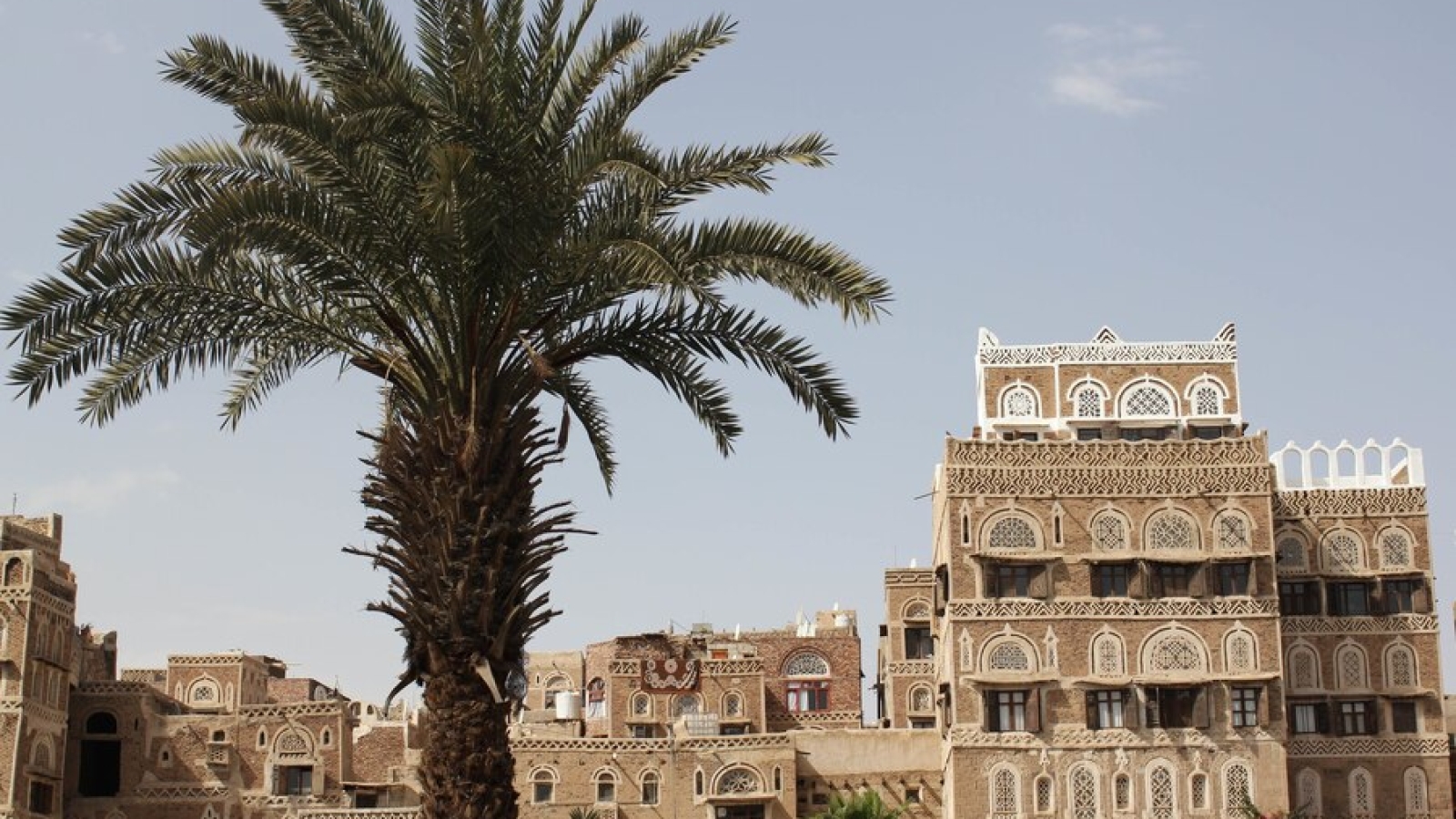Yemen’s journey toward sustainable development is vital for its economic stability and environmental resilience, especially in its key cities like Sana’a, Aden, Taiz, and Al Hudaydah. Each city faces unique challenges across sectors, from healthcare and agriculture to manufacturing and education. ISO certification acts as a guiding framework, establishing quality, environmental responsibility, and safety standards that foster sustainable practices. Qualitcert, a recognized leader in ISO certification services, is instrumental in helping Yemeni organizations achieve these standards, boosting efficiency and sustainability across diverse sectors. Here’s a sector-wise breakdown of how sustainability and ISO certification impact Yemen’s major cities.
- Sana’a: Sustainable Agriculture and Water Management
Sana’a, Yemen’s capital, grapples with acute water scarcity and relies heavily on sustainable agricultural practices to support its population. Sustainable agriculture in Sana’a focuses on efficient water management, soil conservation, and organic farming, which reduces the environmental footprint of food production. ISO 14001 certification, which emphasizes environmental responsibility, is crucial here, helping agricultural organizations manage resources sustainably. Qualitcert’s expertise in ISO 14001 enables agricultural bodies in Sana’a to adopt practices that protect natural resources, improve crop yields, and enhance food security. ISO 22000 Food safety & ISO 13485 Quality in medical devices.
- Aden: Manufacturing and Environmental Responsibility
As a major port city, Aden plays a central role in Yemen’s manufacturing and trade sectors. The city faces pollution and resource management challenges, making sustainability essential for economic growth. ISO 9001 certification for quality management systems and ISO 45001 for occupational health and safety standards are key to ensuring that manufacturing processes in Aden meet global standards while promoting worker safety and environmental care. Qualitcert’s support in achieving these certifications equips Aden’s industries to adopt waste reduction practices, improve energy efficiency, and boost product quality, contributing to a more sustainable manufacturing sector.
- Taiz: Education and Sustainable Infrastructure
In Taiz, a city known for its educational institutions, the focus on sustainability is crucial in building resilient educational infrastructure. Sustainable practices in Taiz’s education sector include eco-friendly buildings, efficient resource usage, and waste reduction. ISO 21001, the certification for management systems in educational organizations, aligns with sustainable goals by promoting responsible resource management and improved educational quality. Qualitcert’s guidance in obtaining ISO 21001 enables schools and universities in Taiz to establish best practices, thereby fostering a generation equipped with sustainability knowledge and skills for the future.
- Al Hudaydah: Healthcare and Community Wellness
Al Hudaydah, located along the Red Sea, is a strategic location for Yemen’s healthcare sector. The city’s healthcare facilities face significant resource limitations, making sustainable healthcare practices vital for public wellness. ISO 14001 for environmental management and ISO 45001 for safety are essential in creating eco-friendly and safe healthcare environments. With Qualitcert’s assistance, healthcare organizations in Al Hudaydah can reduce waste, manage hazardous materials responsibly, and improve patient safety through ISO-compliant practices, thus creating a more sustainable healthcare framework.
Conclusion
Yemen’s cities—Sana’a, Aden, Taiz, and Al Hudaydah—each exemplify how sustainability is transforming key sectors like agriculture, manufacturing, education, and healthcare. Through ISO certification, facilitated by Qualitcert, organizations in these cities are adopting sustainable practices that align with global standards, driving long-term growth and resilience. By integrating ISO-certified standards, these cities are positioned not only to enhance local quality of life but also to build a foundation for enduring economic and environmental sustainability.

